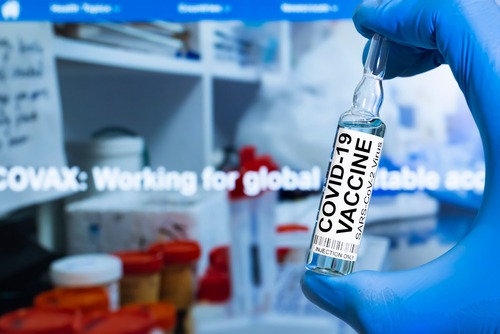
The first 600,000 doses of the AstraZeneca/Oxford COVID-19 vaccine allocated to the COVAX Facility have been delivered to Ghana, with further deliveries expected to reach Cote d’Ivoire later this week.
It marks the beginning of a global rollout long in the planning and the first COVAX vaccine doses to ship outside of India, as the licenses for these stem from the Serum Institute of India. The facility’s goal is the equitable distribution of 2 billion doses of vaccines worldwide by year’s end. To that end, the final first-round of dose allocations for both its AstraZeneca/Oxford and Pfizer-BioNTech vaccine supplies are expected to be published soon.
“Over the coming weeks, COVAX must deliver vaccines to all participating economies to ensure that those most at risk are protected, wherever they live,” said Dr. Seth Berkley, CEO of Gavi, the Vaccine Alliance, which co-leads COVAX. “We need governments and businesses now to recommit their support for COVAX and help us defeat this virus as quickly as possible.”
Gavi is joined in COVAX leadership by the World Health Organization and the Coalition for Epidemic Preparedness Innovations (CEPI), all working in concert with organizations such as UNICEF and the World Bank. COVAX partners have worked with governments and other organizations for months to prepare for rollout, from developing national vaccination plans to stockpiling personal protective equipment.
“Let us celebrate this as a moment of global solidarity in the struggle against the pandemic. But there is still much to do,” CEPI CEO Richard Hatchett said. “With the increased spread of COVID-19 variants, we have entered a new and less predictable phase of the pandemic. It is crucial that the vaccines we have developed are shared globally, as a matter of the greatest urgency, to reduce the prevalence of disease, slow down viral mutation, and bring the pandemic to an end.”
To guarantee successful rollout, COVAX has asked that participants have national regulatory authorization criteria for delivered vaccines, indemnification agreements, national vaccination plans, and other logistical factors.




